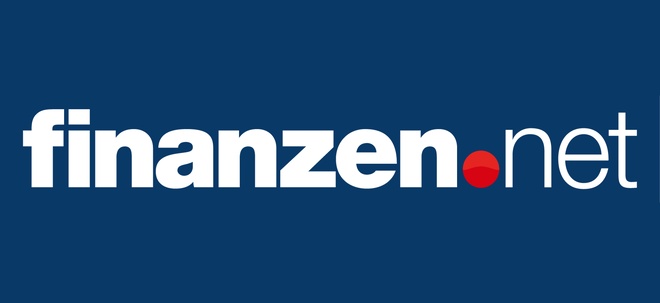The US software company Oracle is benefiting from the increasing use of artificial intelligence (AI) and surprised with strong growth in its cloud business at the start of the year. Group CEO Safra Catz is now optimistic that revenues in this area will increase even more than previously thought.
Although Oracle is better known for its database software, it is now also successful in the highly competitive cloud computing market. After the close of trading on Tuesday evening, the company reported a 12 percent increase in turnover in the first quarter (to the end of August) to 14.9 billion dollars (approx. 12.7 billion euros). While the software business recorded slight losses, the cloud business improved by 28% to just under 7.2 billion dollars.
Sales in the cloud infrastructure business (IaaS), which has been identified as the mainstay of the company, increased by 55% to 3.3 billion US dollars. In the current year, revenue in this area is set to climb by 77 percent to 18 billion dollars, announced CEO Catz. Previously, the company had forecast growth of "over" 70 percent. "We signed four multi-billion dollar contracts with three different customers in the first quarter," said the Oracle boss. It was an amazing quarter and the demand for cloud infrastructure continues to rise. In the medium term, growth should therefore accelerate and revenues should reach 144 billion dollars within five years.
At the beginning of the summer, the Group signed a lucrative contract with the ChatGPT operator Open Ai, which will pay Oracle 30 billion dollars a year for data center services. Cloud customers also include companies such as the AI chip manufacturer NVIDIA or the social media platform TikTok. Such contracts contributed to the fact that the remaining performance obligations (RPO) - a measure of the deliveries and services not yet fulfilled but contractually agreed - soared to 455 billion dollars at the end of the financial quarter, more than four and a half times the previous year's figure.
According to Oracle, this figure will soon exceed half a billion dollars due to the expected contract signings. The sharp rise in the RPO figure has stolen the show from the Group's other key figures, according to Jefferies analyst Brent Thill. The development strengthens confidence in business momentum, he wrote. The quarterly results are just below expectations and the outlook for the 2026 financial year has only just been confirmed. However, Thill believes that the long-term targets appear conservative and should be revised upwards at the upcoming analyst day.
Karl Keirstead from the Swiss bank UBS also praised the surprisingly high order backlog. He assumes that the consensus forecasts for 2028 and subsequent years should now rise significantly. "The software group's growth in the past quarter and the outlook for cloud infrastructure (OCI) in the 2027 financial year are somewhat below expectations," wrote Karl Keirstead on Wednesday. However, in view of the surprisingly high order backlog, this is not significant - the consensus forecasts for 2028 and subsequent years should rise significantly.
On the bottom line, Oracle's profit stagnated at 2.9 billion dollars in the first quarter. Calculated earnings per share rose by six percent to 1.47 dollars.
Oracle founder Ellison overtakes Musk in billionaire list
Following the jump in share price, 81-year-old founder Larry Ellison has overtaken tech billionaire Elon Musk in Bloomberg's list of the richest people in the world. According to Bloomberg calculations, Ellison's fortune grew by around 100 billion dollars as a result of the surge at the start of US trading on Wednesday - the biggest single-day increase to date. According to the financial service's ranking, Ellison now has an estimated fortune of 393 billion dollars and Musk 385 billion dollars.
Forbes magazine, which estimates Musk's fortune to be significantly higher at a good 463 billion dollars, the Tesla -CEO, however, remained in first place. It is easier to calculate how much Ellison's fortune is: his wealth mainly consists of his 40 percent stake in Oracle. In Musk's case, it is largely the Tesla stake - but shares in unlisted companies such as the aerospace company SpaceX or his AI company xAI must also be taken into account.


